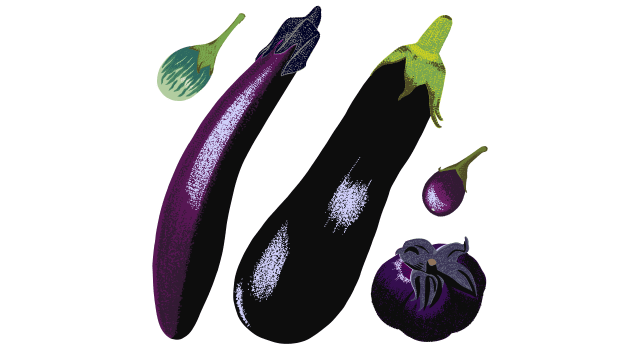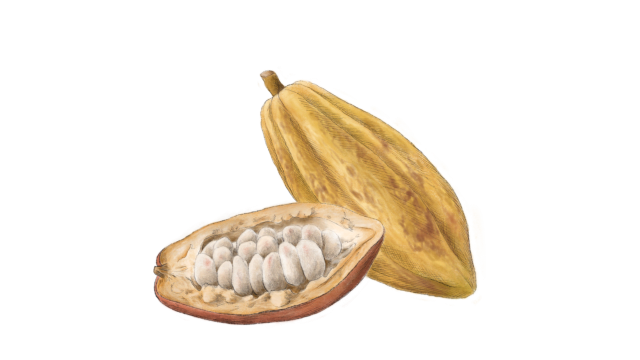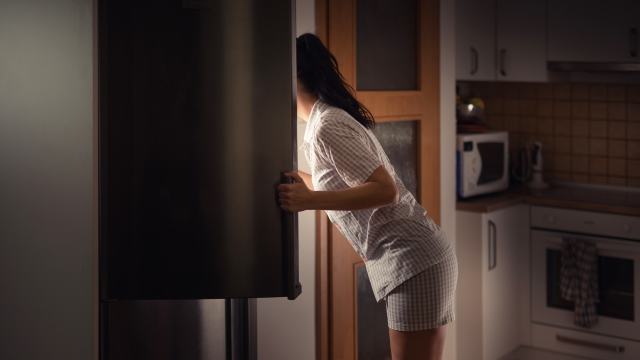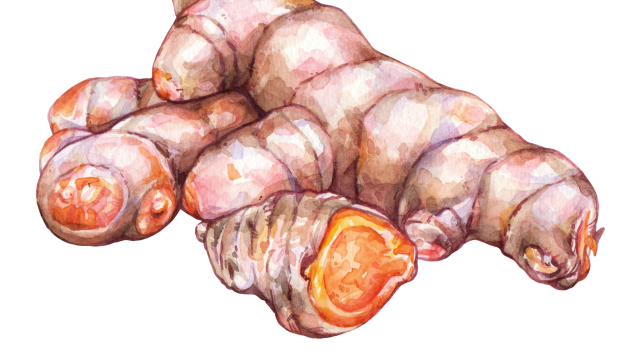Q&A with Nadiya Hussain

The daughter of immigrants to the UK from Bangladesh, Nadiya Hussain has over 15 cookbooks to her credit. While her sweet success began with baking and with winning the Great British Bake Off in 2015, her cookbooks go far beyond the oven.
In her recipes, Nadiya takes the approach of a practical “family woman and a family cook,” whether cooking an elaborate, slow meal or whipping up a quick dinner. Nadiya’s Fast Flavours (2021) is full of wholesome images, time-saving tips, and mindful hacks to make meals fun, easy, and above all, quick. The dishes, organized by flavor, are healthy and tempting for the whole family.
Awarded the Order of the British Empire for her contribution to the culinary arts in Britain, Nadiya has often spoken about the relationship between mental health and taking ownership of the food we make for ourselves and our loved ones.
Roundglass Food: Taking off from Nadiya’s Fast Flavours, how do you suggest we balance our busy lives with taking time to cook?
Nadiya Hussain: Life, let's face it, will always be busy. But we also have pockets of quiet. It's about making time to cook slow, or cook fast, using ingredients the best way possible to never compromise on flavor, whatever pace you are going at.
RG: How does cooking help you take ownership of your creativity?
NH: We can be creative in so many ways. Cooking is a daily activity for many but can also be an expression of art through creativity. It's about becoming confident, following recipes, and owning the process to make it yours.
RG: How do you balance fast cooking and slow cooking?
NH: I love both, it just depends on how busy I am and also what I fancy eating. What are the pros and cons of each? The pros of fast cooking are that it is simple and less time-consuming. The pros of slow cooking are having developed flavors, and being mindful. There are no cons in cooking.
RG: What words of wisdom do you associate with food?
NH: Practice, make mistakes, get to know your kitchen. Confidence is what makes you a good cook.
RG Food: What’s a mindful practice you follow while cooking or eating?
NH: Waste is something that we are responsible for. So we have to make changes from within our own homes. Wasting less is better for the environment, and a great lesson to teach the younger generation.
RG: What’s the key to balance wellness and indulgence? You have a wickedly good choco-mint roll recipe in your book.
NH: Eat everything that makes you happy — that is one of the many keys to wellness. Indulgence is a pleasure we should not try and take away from ourselves. In our family we eat well, we work hard, and we walk everywhere.
RG: Bangladeshi bhorta, or mash, is a meal often associated with wellbeing in that part of the world. What’s your favorite bhorta?
NH: For me it has to be aubergine, blackened, flesh removed and cooked down with onions, chilies and coriander.
RG: How do you connect the act of cooking to immigrant food memory?
NH: As a child of immigrants, I never understood the importance of the food my grandparents and parents left behind. It was a reminder of home for them and for us it is the food that connects us to our heritage.
Key Takeaways
- Hussain on cooking as a creative form.
- Eating well is one of the key to wellness.
- Managing waste impacts cooking efficiency.









